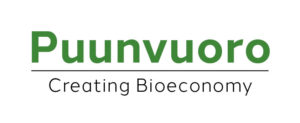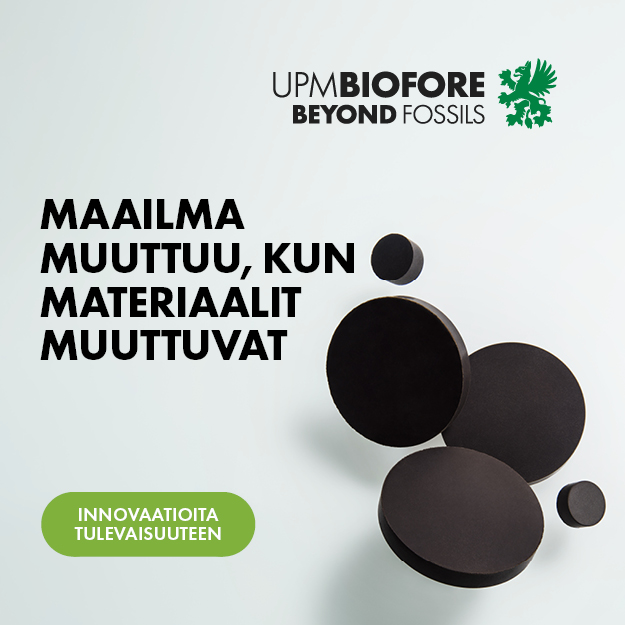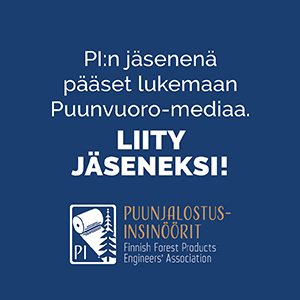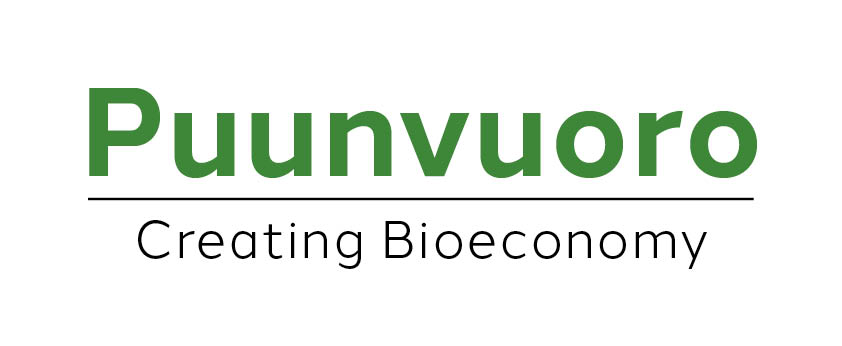According to Ainomaija Haarla, D.Sc. (Tech.), companies would benefit from flexible, internal experimenting units in which they could test and build fast-growth business activities. An agile unit such as this would have a direct connection to the company’s executive management and customers, who are ready to try a semi-finished product in the manner of the lean method.
“This would also make us better prepared for failing fast, abandon the idea or leave it in a pool to await more auspicious times. Nor would the experimental activity jeopardise the brand of the entire company.”
Units of this kind could also develop talent related to leadership for the purposes of future working life.
“In other words, the unit would identify, experiment, develop, collect information and learn and, above all, keep the organisation alert.”
Amping up the frequency of activities
The individuals seeking to join the experimenting unit would be entrepreneurial in spirit, ambitious, brave, ready to make decisions and a little impatient.
“I’m discovering an increasing number of individuals of this kind among educated young people, many of whom are also looking for meaningful things to do. The experimenting unit should adapt to a different frequency than the rest of the organisation. A new way of working also requires new kinds of incentives, which are not necessarily monetary in nature.”
When taken to the bioeconomy, the starting point for fast growth is a knowledge of the properties, potential and processing technologies of the raw material.
“You also need to be sure that the manufacturing process does not contain gaps from the raw material to the end product. If there are gaps, you have to know how to block them. Researched information about wood raw material and its parts has increased enormously over the past few years.”
The current starting point is good.
“When you are supported by megatrends and the consumers or business customers want a new product, the sky’s the limit. As an ecological, recyclable and degrading substance, wood-based material is a sustainable solution.”
Growth ambitions require a company to have the will and capability to renew. At the same time, this means an increase in business risks.
“The management’s long-term commitment and support is crucial. After this comes competence, an identified growing market need, the uniqueness of your own solution and the timing of the market entry. There is no future without growth, and there is no growth without a motivated and multi-skilled team.”
Startups in resource poverty
Big companies also have business operations that generate a continuous cash flow. The challenges faced by startups are different, and there is a constant shortage of money and suitable people.
“You need a management that truly knows its business and a clear, credible business plan to secure funding for scaling on reasonable terms from private investors, the European Commission, public sources or banks.”
“Foreign experts who have studied in Finland are a little-used additional resource, given that many of them would like to continue working in Finland. They represent a wealth of skills and cultural interpretation.
An external board of directors can act as a valuable additional resource, not only with its competence profile, but as a door opener and an acquirer of additional funding.
Ainomaija Haarla (D.Sc. (Tech)) has worked in large forest and metal industry companies for nearly 30 years in Finland and Germany, and in the service of a private equity firm for 10 years. She has analysed tens of startups and worked in various jobs in 11 startups.
Text: Jaakko Liikanen
Picture: Jari Härkönen



